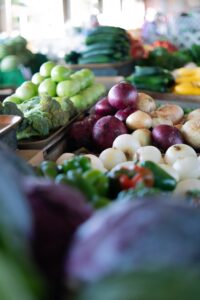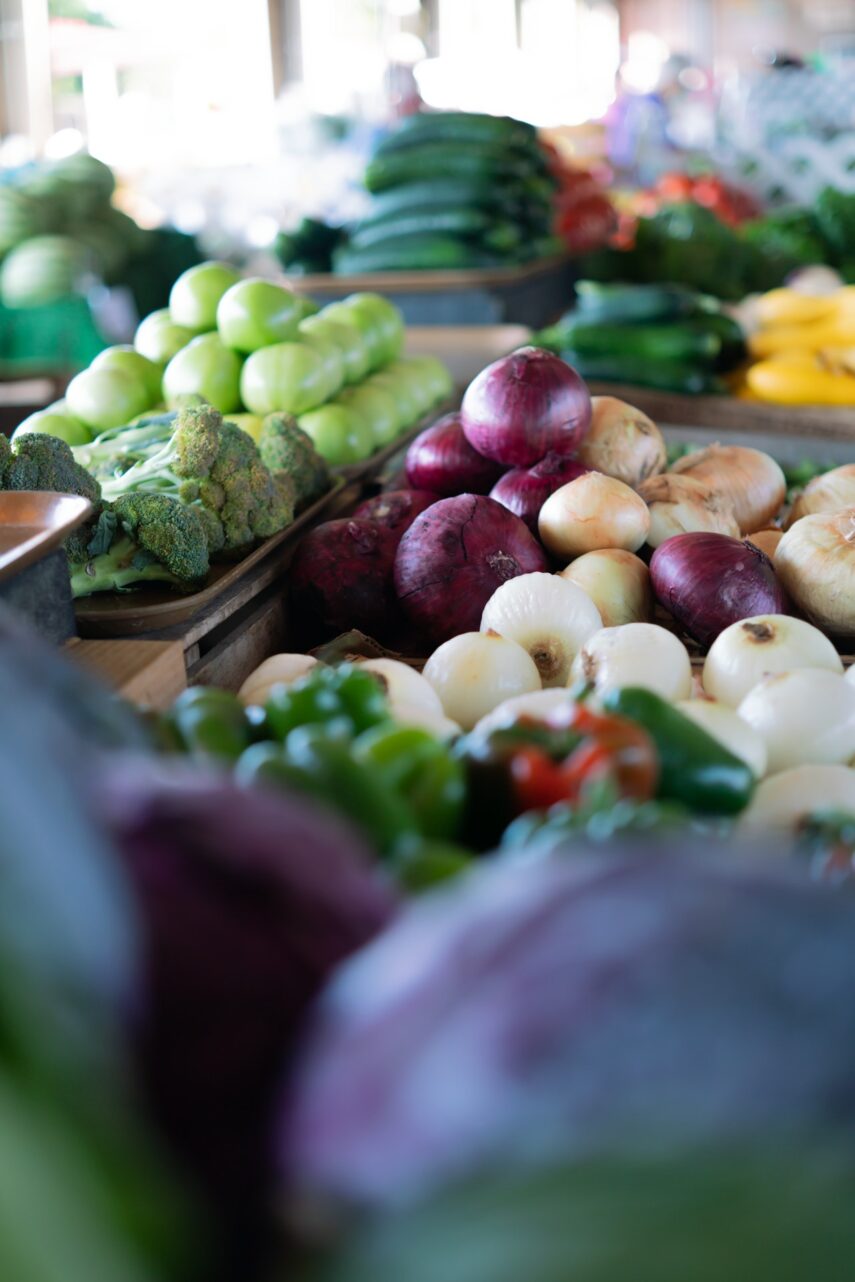 The cycle of seasons bring their own qualities. This repeating cycle gives us a predictability enabling us to prepare for what is coming. Spring brings the warming rains; summer the heat of the sun; autumn is the shedding of leaves, the start of withdrawal; winter is hibernation, a time to save energy. Knowing and working with the qualities of each season means we can avoid the imbalance of each season.
The cycle of seasons bring their own qualities. This repeating cycle gives us a predictability enabling us to prepare for what is coming. Spring brings the warming rains; summer the heat of the sun; autumn is the shedding of leaves, the start of withdrawal; winter is hibernation, a time to save energy. Knowing and working with the qualities of each season means we can avoid the imbalance of each season.
When you take your cues from nature, autumn is the time for withdrawal. After harvesting the fruits of spring and summer, nature prepares to rest and recuperate, taking everything back to the roots, back to basics,
The cold of autumn makes us crave warm comforts, cosy nights and hearty food. Food can be a stabiliser as it is both nourishing and comforting. The best seasonal foods to eat now are full of proteins and fat, which are essential at this time of the year and if we eat seasonally, this is exactly what nature is providing.
So what should you be eating at this time of year? As the temperatures drop, we need to nourish and warm the body from the inside. Eating cold foods such as fruits, raw vegetables, salads and cold drinks, will leave you feeling cold from the inside out and more prone to falling ill. Just like you change the clothes you wear with each season, so you should change your diet. Eating salad in winter is the equivalent of wearing a bikini in the snow.
During the colder months eat grounding and nourishing foods to balance your hormones, strengthen your immune system, boost your energy and feel well all round.
The following foods are the ones that are in season now and that should be a part of your diet:
-
-
-
- Root vegetables: carrots, squash, pumpkin, sweet potato
- Whole grains: brown rice, quinoa, oats, millet
- Legumes: beans, chickpeas, lentils
- Green vegetables: root vegetables such as beetroot, carrot, sweet potato and parsnip, green vegetables such as broccoli, spinach, kale and rocket. All vegetables should be cooked
- Fruit: Ripe, juicy and sweet, for example plums, berries, dates, avocado, apples, pomegranates, citrus fruits and pears
- Herbs: ginger, turmeric, cinnamon, rosemary, thyme
- Spices: especially those that are sweet and mild
- Fermented foods such as sauerkraut, kimchi, yoghurt, gherkins and chutneys
- Other: Oils, butter, ghee
-
-
If you feel you’d like herbal support to get you through the colder months, consider Mizan Botanicals Fire Vinegar.
Fire vinegar is based on a traditional, warming apple cider vinegar tonic. It is anti-viral and anti-bacterial, making it useful for a variety of illnesses. It acts as a holistic decongestant while also supporting immune health. This spicy tonic is perfect taken as a shot or as an addition to dressings for foods or with hot water as a warming drink. If you take it as a shot or as a drink, you can add honey to taste.
Take it daily to keep you and your family healthy and if you do catch something, take more often. Most people recover from a cold in a couple of days.
Ingredients: Horseradish, Garlic, Onion, Ginger, Turmeric, Chili, Orange, Lemon, Parsley, Rosemary, Thyme, Black peppercorns

